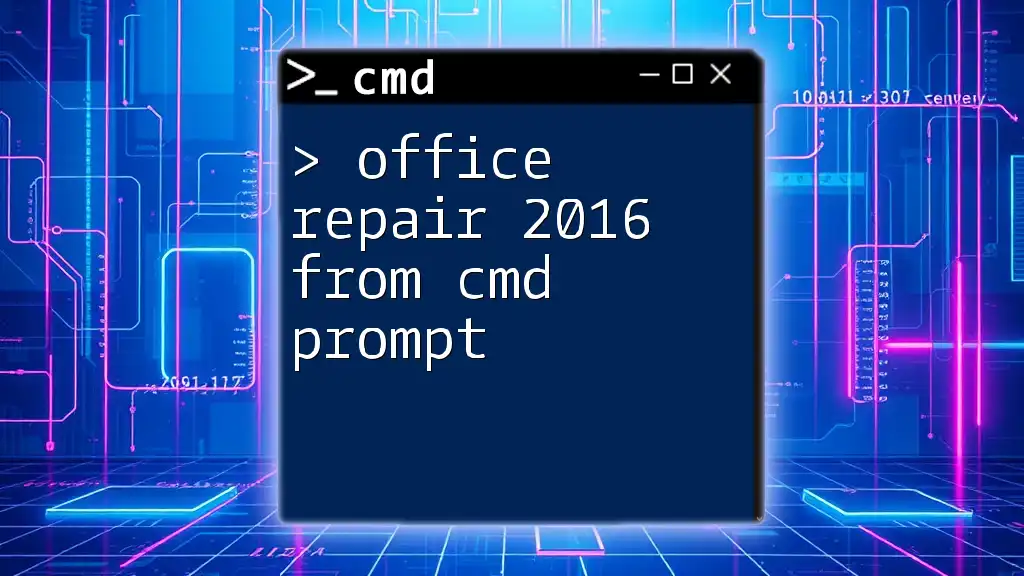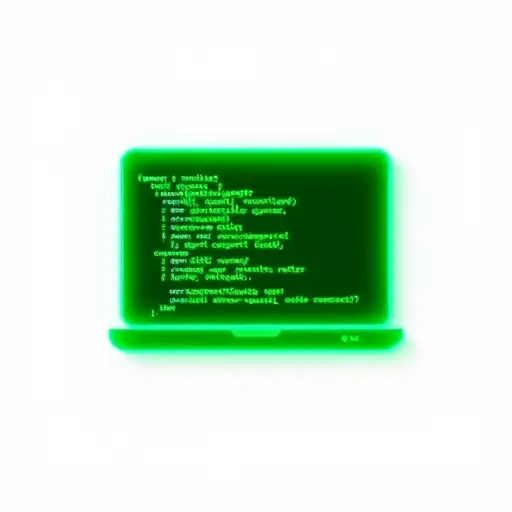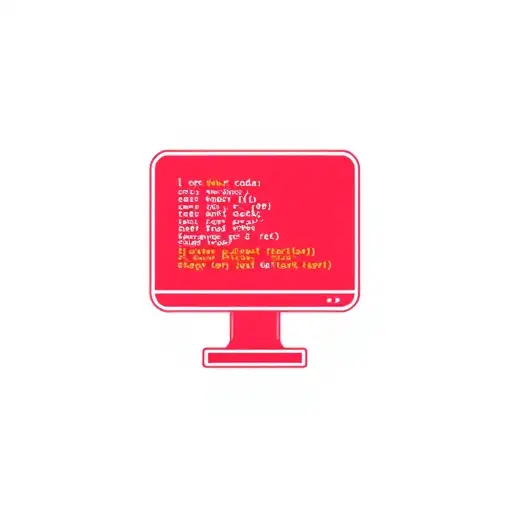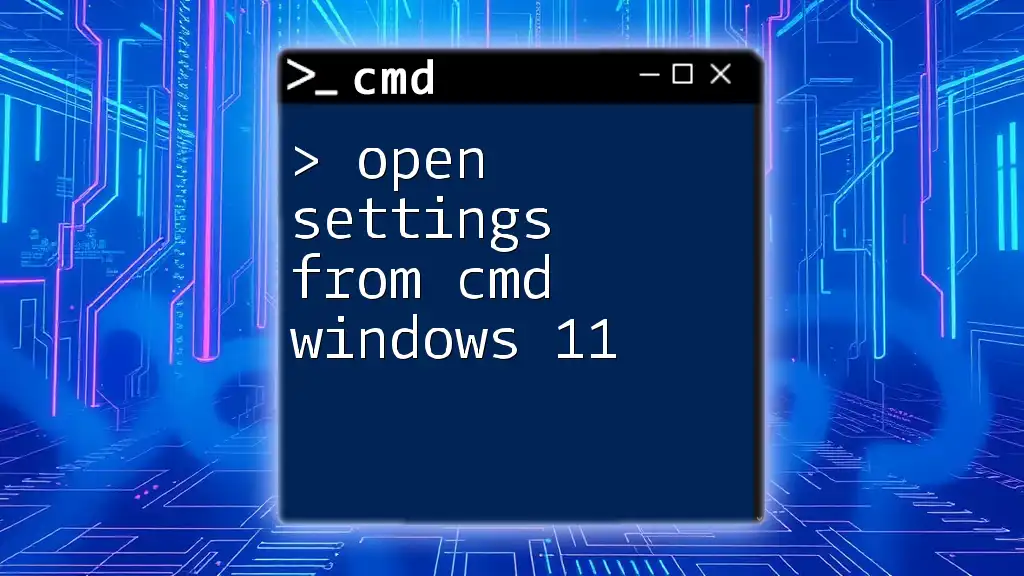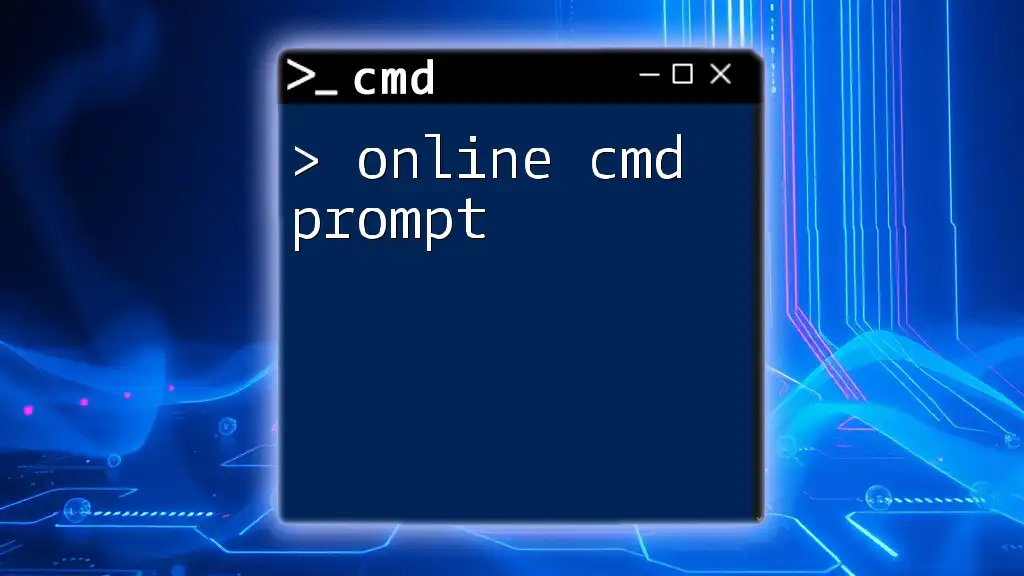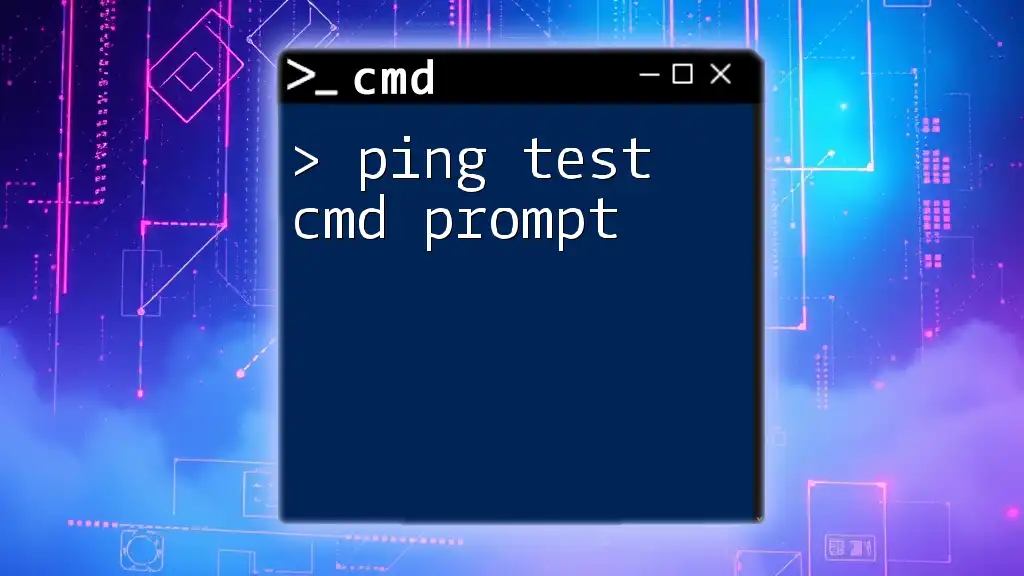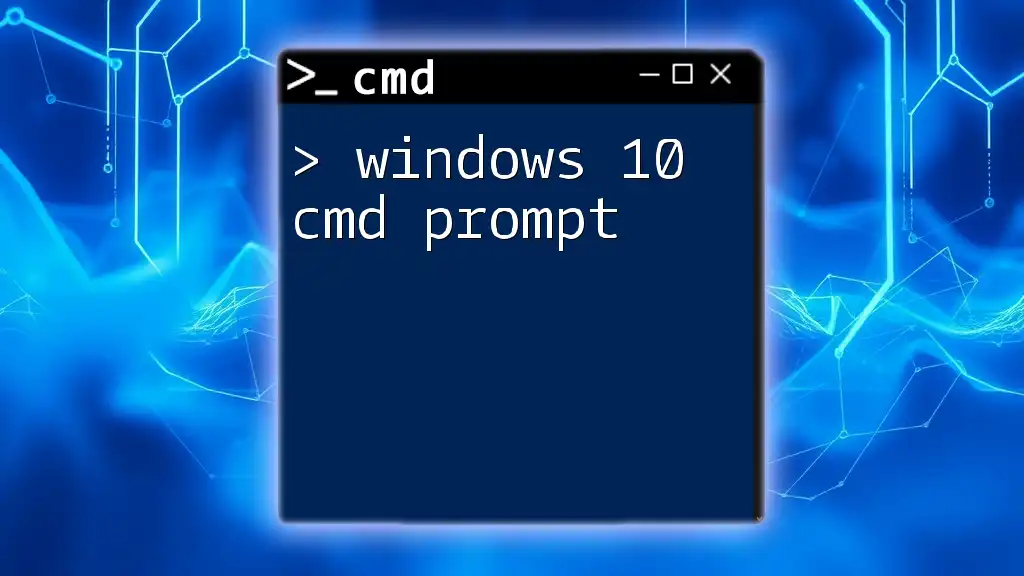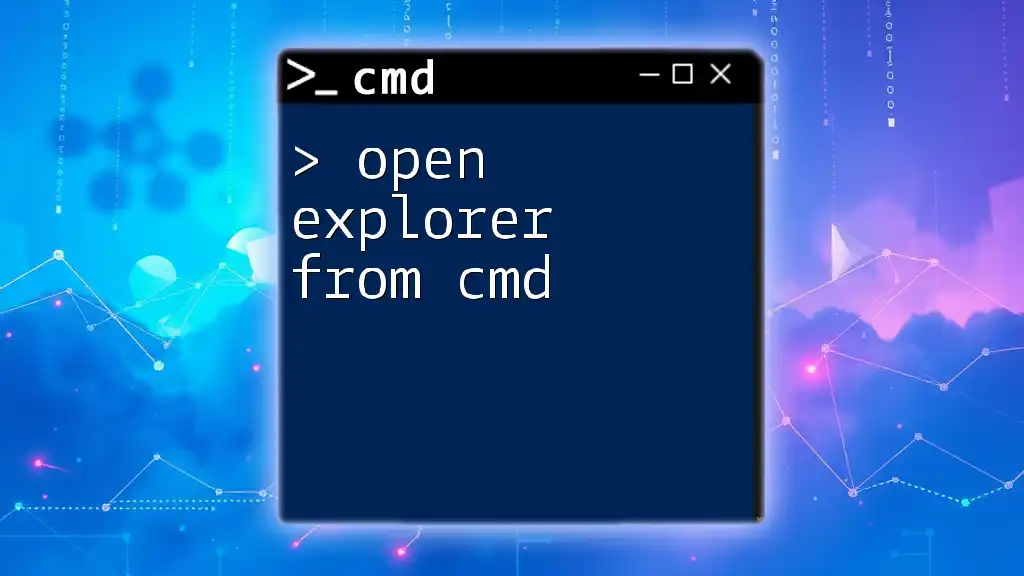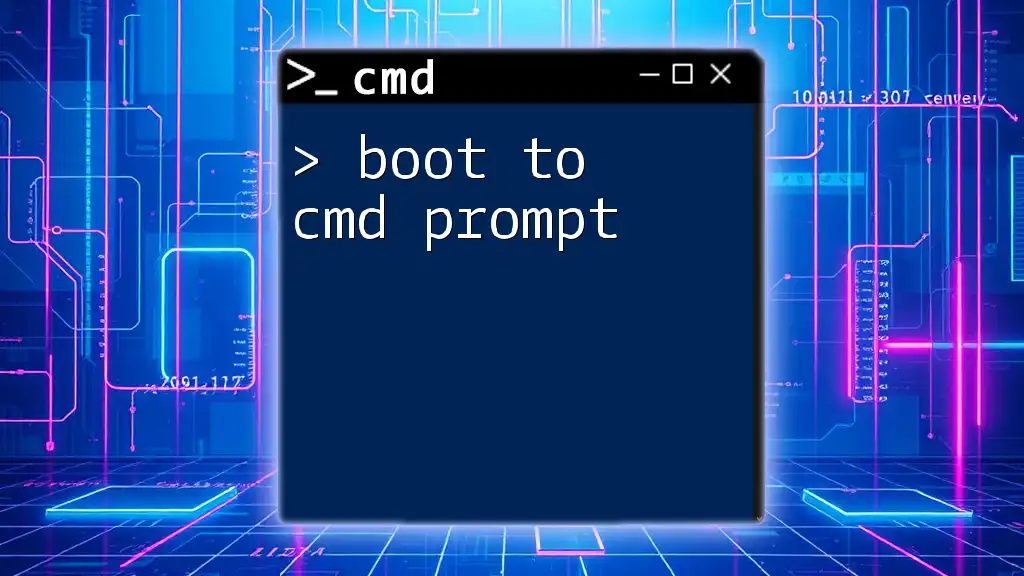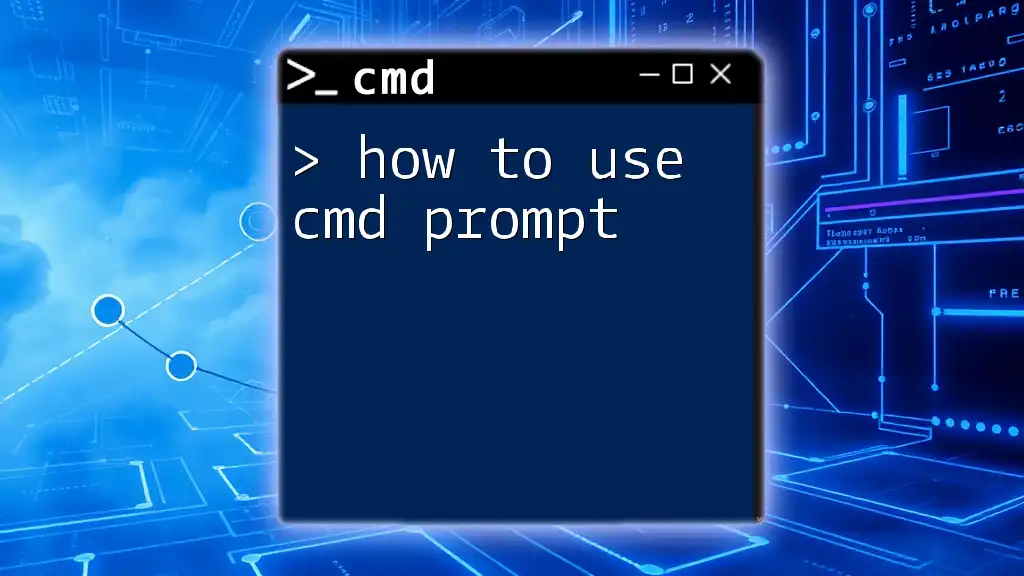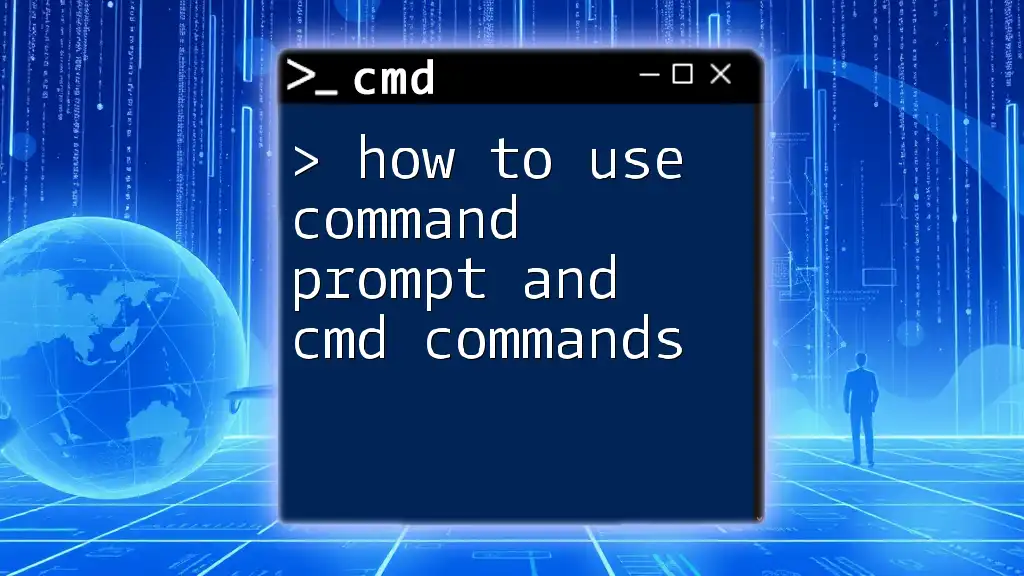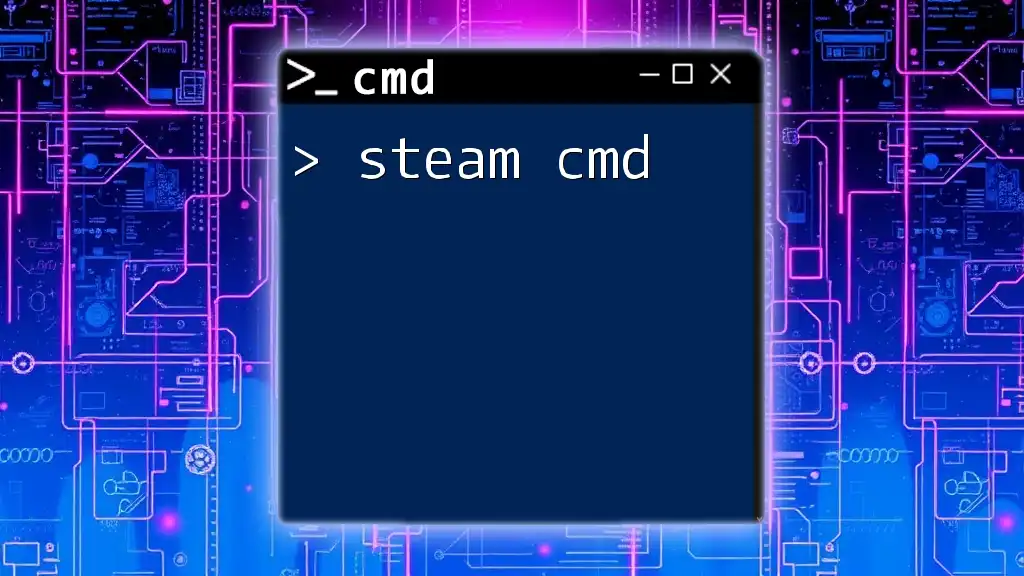To repair Microsoft Office 2016 using the Command Prompt, you can run the following command to automate the repair process.
"C:\Program Files (x86)\Microsoft Office\Office16\OfficeC2RClient.exe" repair
Understanding Office 2016 Installation
How Office 2016 is Installed
Office 2016 can be acquired through various installation methods, which include the Microsoft Store and the Click-to-Run service. Understanding how your version is installed is crucial because it influences the command prompts and tools available for repair. For instance, Office 2016 installed via Click-to-Run operates on a different underlying technology compared to traditional installations.
Dependencies and Configuration
Office applications often rely on certain components and configurations to work seamlessly together. A broken link in these dependencies may lead to malfunctions. This interconnectedness makes it essential to address all elements affecting Office installations, as a repair may need to touch multiple components.
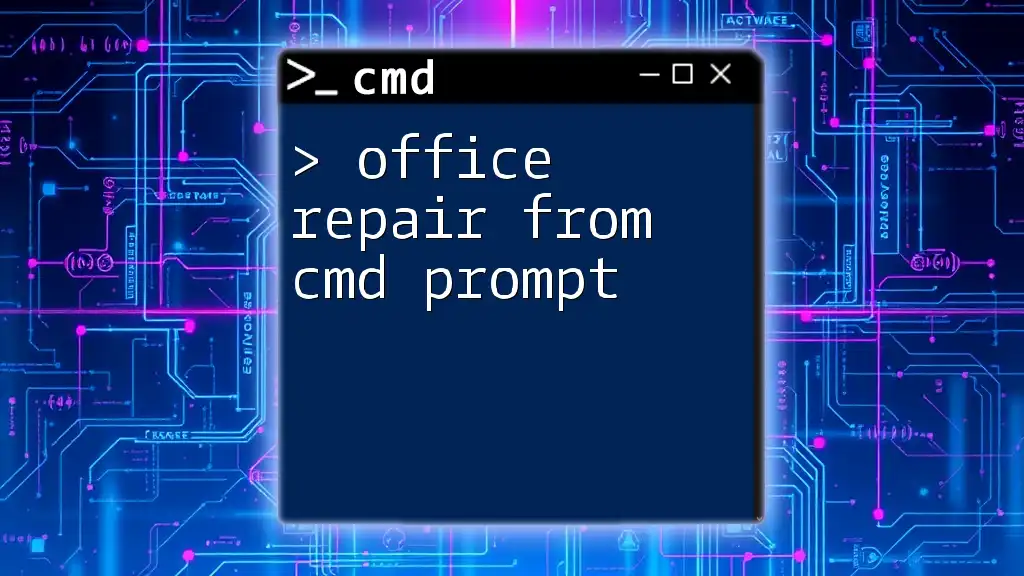
Launching Command Prompt
How to Access CMD
Accessing the Command Prompt is straightforward. There are several methods available:
- Using the Search Bar: Simply type "cmd" in the Windows search bar and hit Enter. You can also right-click on the result and select "Run as administrator" for elevated privileges.
- Using the Run Dialog: Press `Windows + R`, type `cmd`, and press Enter. This will bring up the Command Prompt window.
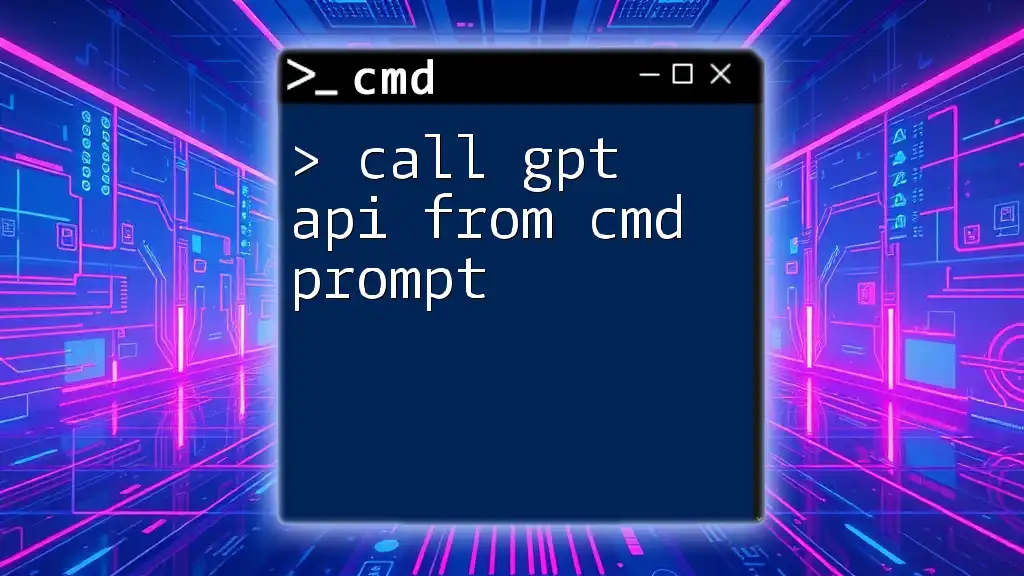
Repair Options via Command Prompt
Using the Office Repair Tool
One powerful utility for fixing Office 2016 issues is the Office Repair tool. This integrated command-line option ensures a streamlined process for diagnostics and repairs.
Running the Office Repair Command
Syntax of the Command
To utilize the Office Repair tool from the Command Prompt, you first have to navigate to the directory where Office is installed. Typically, this is located in:
cd "C:\Program Files (x86)\Microsoft Office\Office16"
This command changes the directory to the Office install folder. Every command you issue afterward will apply to this directory.
Initiating Repair
To initiate the repair process, the command you would run is:
officec2rclient.exe repair
This command activates the built-in repair mechanism of Office 2016. Depending on your system's configuration and speed, the process may take several minutes, and you may see a progress bar indicating completion.
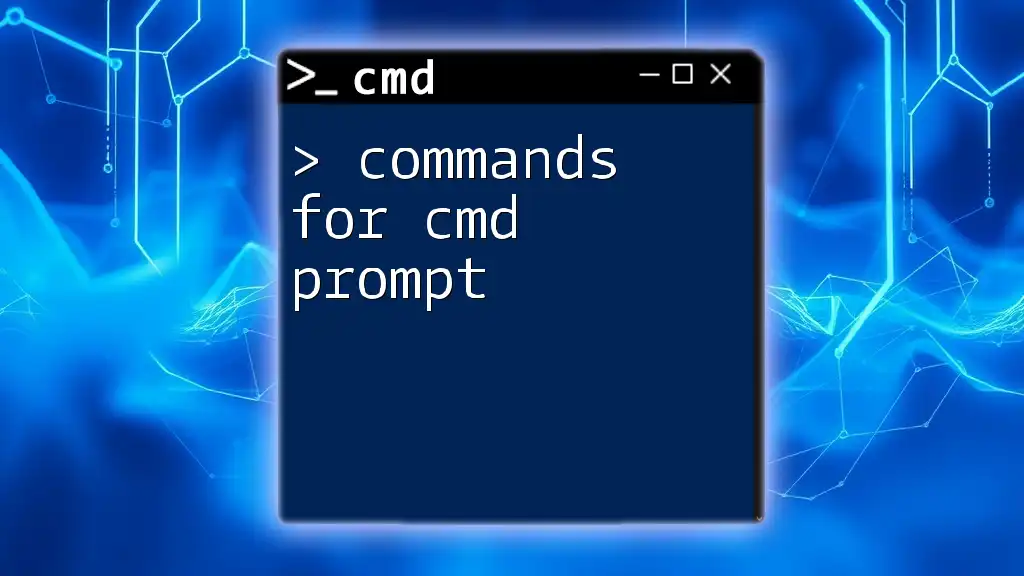
Advanced Repair Techniques
Restoring Office to Default Settings
If issues persist after using the basic repair, you might need to restore Office to its default settings. This can typically be done through the registry, but it can also be executed via CMD if you are comfortable with command-line operations.
Using PowerShell for Advanced Repair
Introduction to PowerShell
While CMD is excellent for several tasks, PowerShell is a more advanced option that provides greater flexibility and scripting capabilities. In some cases, it might offer better solutions for repairing Office installations.
PowerShell Command for Office Repair
An example of using PowerShell to perform an Office repair is as follows:
Get-Package -Name "Microsoft Office*" | Repair-Package
This command fetches all installed packages related to Microsoft Office and initiates the repair process. Using PowerShell can be a more robust method, especially for advanced users looking for extensive control.
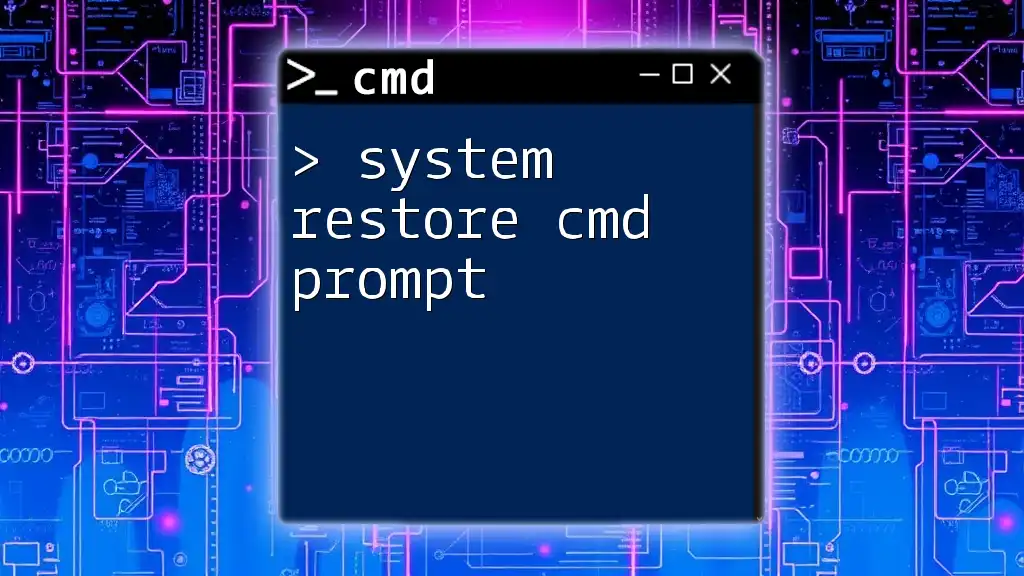
Common Issues and Troubleshooting
Analysis of Potential Errors
Sometimes, the repair command itself may fail. If you encounter an error, it’s essential to analyze it carefully. Typical issues include permissions problems, missing executables, or even corrupted installation files.
Log Files and Their Importance
To get to the bottom of what went wrong, logging plays a vital role. During the repair process, log files are generated and can provide insight into the failure. These logs can be located in `%temp%` or within the Office install directory.
Deep Dive into Log File Analysis
Interpreting log files can seem overwhelming, but look for common error messages or codes. Each entry will usually outline the component being repaired and any errors encountered, which you can then research for targeted fixes.
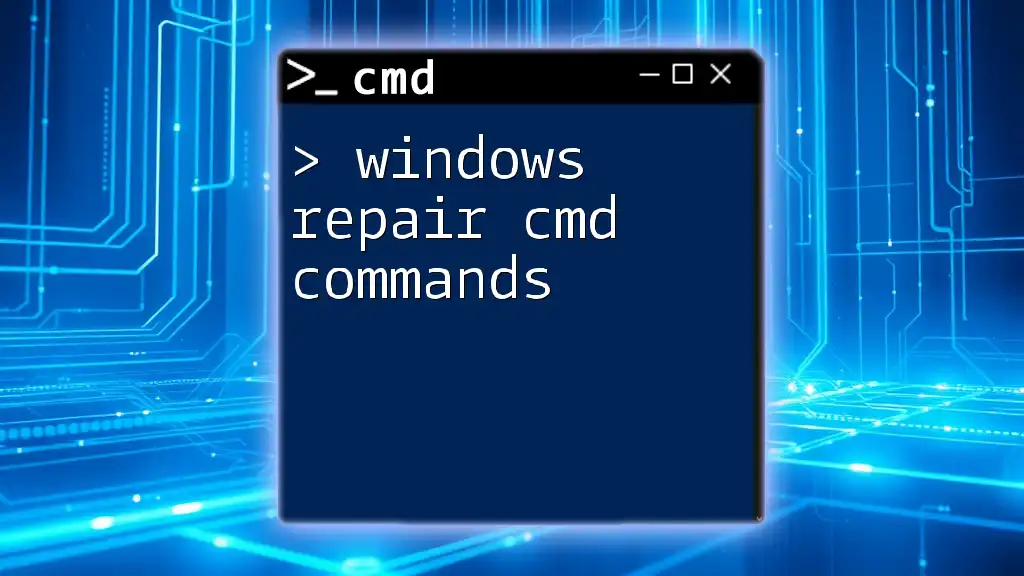
Alternatives to Command Prompt Repair
Using the Control Panel
If CMD seems too complex or you encounter persistent issues, consider repairing Office 2016 through the Control Panel. Simply navigate to Programs and Features, find Microsoft Office, right-click on it, and select "Change" then “Repair.”
Windows Settings Approach
Another user-friendly option is to access "Apps & Features" in Windows Settings. From there, locate Microsoft Office, click on it, and choose the repair option. This method is recommended for users who prefer graphical interfaces.
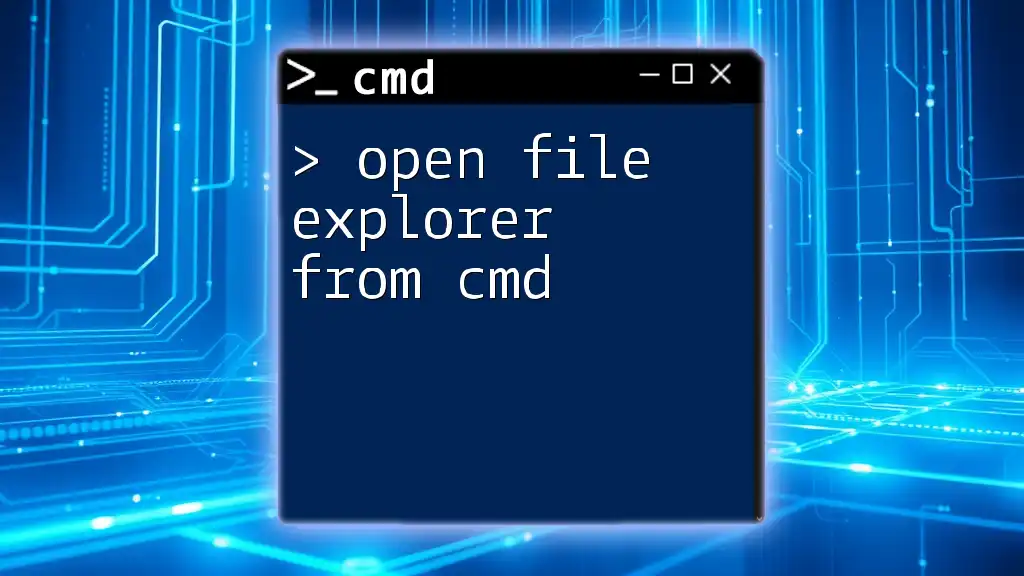
Conclusion
Command Prompt offers a robust toolset for users seeking to troubleshoot Office issues quickly and efficiently. Utilizing commands for "office repair 2016 from cmd prompt" is a valuable skill that can save time and enhance your technology proficiency. Embracing these techniques allows for smoother operation and minimizes downtime for your essential Office applications.
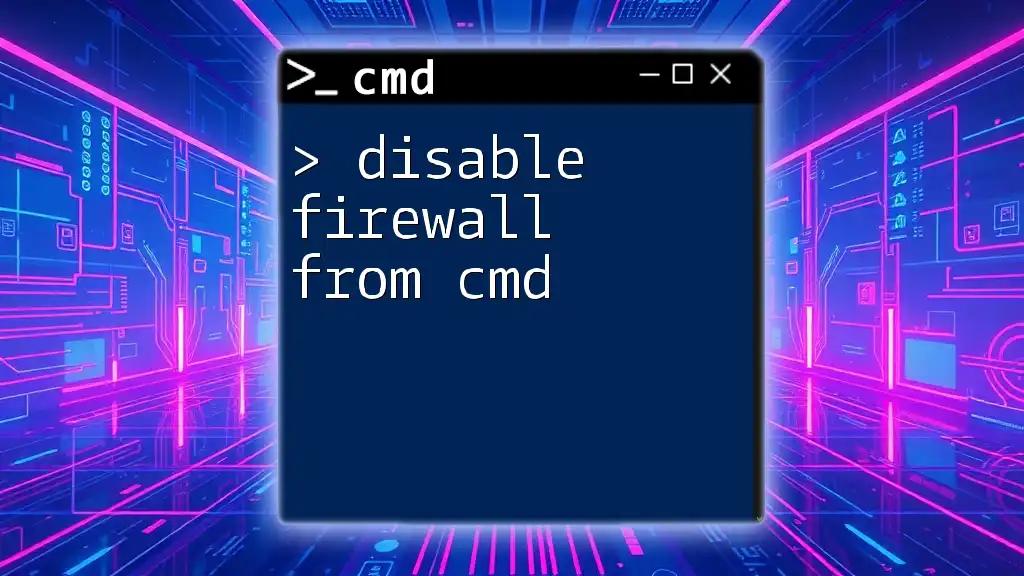
Additional Resources
For further assistance, refer to Microsoft’s official documentation regarding Office 2016 repair solutions. Additionally, exploring other CMD commands can elevate your troubleshooting skills and make you more adept at handling various software issues.
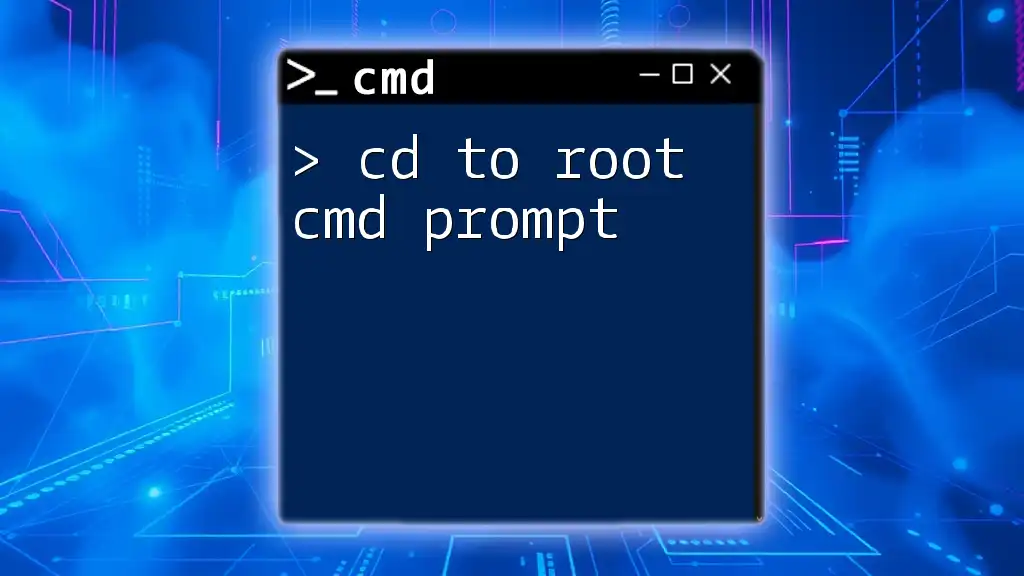
FAQs
Where to Find Office Repair Commands?
The commands discussed in this guide are available directly within the Command Prompt. For a comprehensive list of commands, refer to the documentation from Microsoft.
Can CMD Fix All Office Issues?
While CMD is powerful and versatile, not all Office issues can be resolved solely through these commands. Some problems may require a more in-depth approach or alternate methods, such as GUI-based repairs.

